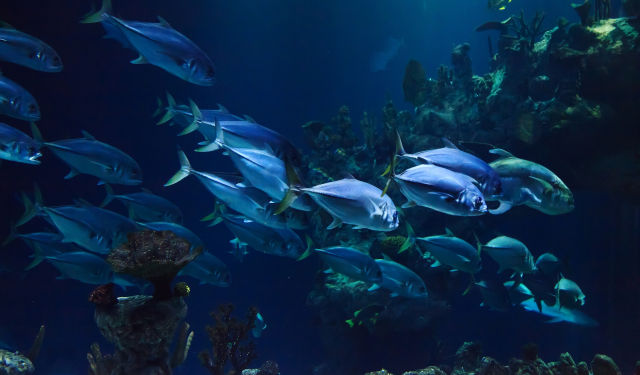FAO Enhancing sustainable aquaculture production through genetic improvement – The Food and Agriculture Organization (FAO) has released a new report that states that through the wider and more appropriate use of genetic improvement in aquaculture, particularly selective breeding, food production can be increased to meet the rising demand for fish and fish products with limited use of additional resources such as feed, land, water, and others.
The report, titled “The State of the World’s Aquatic Genetic Resources for Food and Agriculture” assesses the utilization of aquatic genetic resources in both capture fisheries and aquaculture within national jurisdictions. The first-ever global report of its kind was created with information from 92 countries, representing 96% of global aquaculture production and over 80% of capture fisheries production.
Aquaculture lags behind terrestrial agriculture in terms of improving its genetic resources for food production through characterization, domestication, and improvement. However, the report states that there is a significant opportunity to enhance sustainable aquaculture production through strategic management and development of the more than 550 species currently used.
The report
The report reveals that the majority of farmed fish still come from the wild, with 45% of cultured species having little difference from their wild counterparts. While just over half of the reporting countries have noticed a significant impact of genetic improvement on their aquaculture production, it is significantly less than the extensive use of improved breeds and varieties in livestock and crop production.
The report emphasizes the potential for sustainable production gains through genetic improvement of farmed aquatic resources. FAO Director-General Qu Dongyu welcomed the report, calling it the result of a multi-year, country-driven process of data collection and analysis. He highlights the challenges posed by the growing demand for fish and fish products on farmed species, their wild relatives, and their habitats, as well as the opportunities for sustainable growth. He emphasized the importance of safeguarding, managing, and further developing the planet’s aquatic genetic resources for organisms to grow, adapt to environmental changes and disease, and continue to evolve towards the achievement of Sustainable Development Goals and the goal of a Zero Hunger world.
FAO. Enhancing sustainable aquaculture production through genetic improvement








